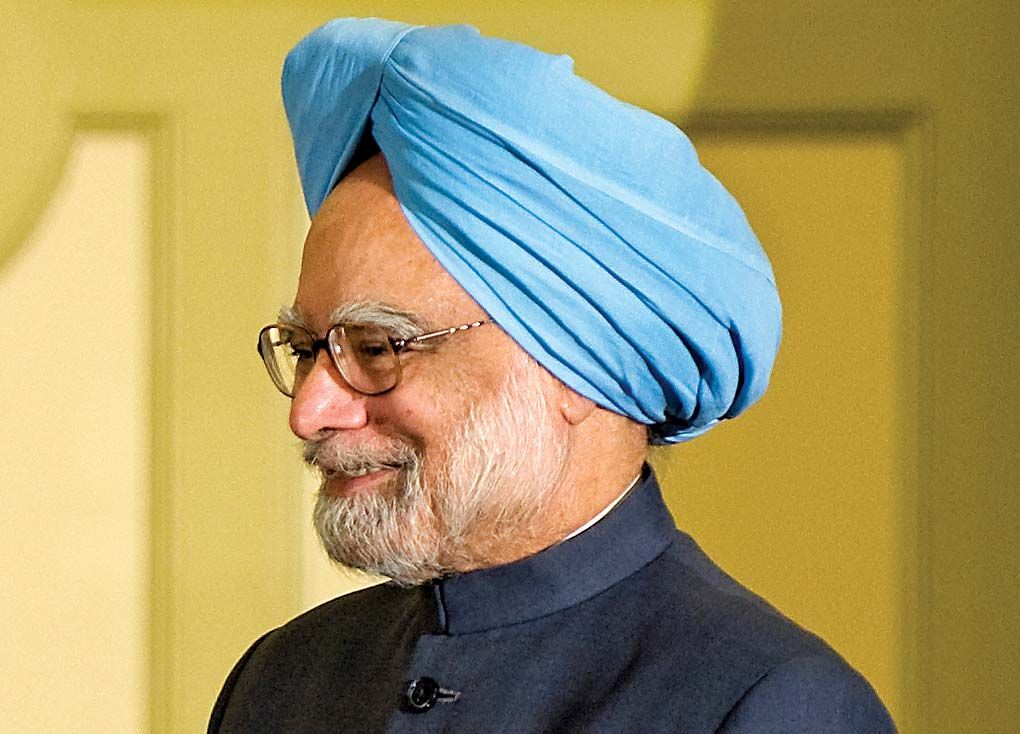Manmohan Singh Biography
Manmohan Singh Biography:Manmohan Singh (born September 26, 1932, Gah, West Punjab [now in Pakistan]—died December 26, 2024, New Delhi, India) was an Indian economist and politician who served as prime minister of India from 2004 to 2014. A Sikh, he was the first person from a minority community to occupy the office.
Manmohan Singh Early Life
Born on September 26, 1932, in Gah, Punjab (now in Pakistan), Manmohan Singh grew up in a modest family that valued education and hard work. His father, Gurmukh Singh, was a farmer and a member of the local community council, while his mother, Amrit Kaur, was a homemaker who instilled strong moral values in her children.
Manmohan’s early years were marked by the tumultuous period of Partition in 1947 when his family migrated to India amidst chaos and uncertainty. Settling in Amritsar, Punjab, young Manmohan faced numerous challenges but remained focused on his studies—a testament to his resilience.
Manmohan Singh Education
He completed his early education at the local schools in Amritsar before moving on to pursue higher studies at Panjab University, where he earned a Bachelor’s degree in Economics in 1952.
His academic journey didn’t stop there; he went on to study at the University of Cambridge in the UK, where he obtained a Bachelor’s degree in Economics (1955) followed by a DPhil from Oxford University (1962). His academic prowess laid the groundwork for his future roles as an economist and policymaker.
Read Also:Benon Kigenyi Biography: Family, Early Life, Age, Education, Career, Net worth
Manmohan Singh Career
political career began as an economic advisor in the Ministry of Commerce in 1971. Soon, he rose to hold important positions like chief economic advisor and Secretary in the Ministry of Finance. In many ways, it was as Finance Minister from 1991 to 1996 that Singh’s finance policies transformed Indian economics. Singh presented drastic reforms that liberalized the economy, cheapened the rupee, reduced tax burdens, and encouraged foreign investment into India when the economy was in devastating shape.In 2004, the Indian National Congress swept the parliamentary elections, and Sonia Gandhi named Singh Prime Minister. Singh’s government achieved inclusive growth and poverty reduction while continuing to pursue the economic boom, which spurred an average of around 7.7% during his five-year term. Singh was re-elected in 2009, but problems like inflation and corruption scandals hurt his administration’s credibility.
Manmohan Singh Personal Life
Manmohan Singh is married to Gursharan Kaur and has three daughters. He is very humble in his nature and scholarly in his approach to governance. Even though he has left office, Singh remains an influential figure in Indian politics.Singh’s legacy is marked by his role in steering India away from a state-controlled economy towards a more market-oriented approach. His reforms not only rescued India from economic collapse but also laid the foundation for sustained growth and increased global integration. The entrepreneurial culture fostered during his tenure has led to a vibrant economy with a burgeoning middle class and increased consumerism.

